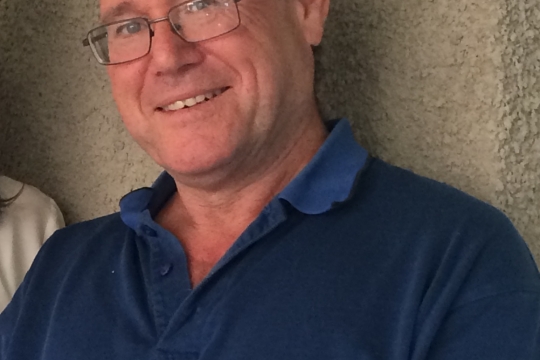WORCESTER, SOUTH AFRICA: If the South African government gives the green light for private energy companies to begin extracting shale gas using the method of hydrological fracturing, or ‘fracking’, will it have economic benefits for the region and the country? And if so, could these be offset by the cost of the potential negative impacts to other sectors and communities in the water-scarce Karoo, where fracking is being considered?
These were the central questions at a recent workshop held near the Western Cape town of Worcester, about an hour from Cape Town, as part of a research process to understand the economic implications of fracking in the Karoo region.
SA’s Centre for Scientific and Industrial Research (CSIR) has commissioned a series of studies into the potential impacts of fracking on tourism, agriculture, health, water, the natural environment, communities, and the transport sector, amongst others.
The economic implications of shale mining for these sectors is what ‘brings it all together’, according to resource economist and associate professor with the University of Cape Town’s Environmental Policy Research Unit (EPRU), Tony Leiman.
The aim is to inform decision makers by establishing the costs and benefits of fracking in the ‘broadest economic sense’.
There is a dearth of information regarding shale gas reserves right now, according to Leiman. Little is known about precisely how much gas lies within the approximately 200 000 km2 Karoo, what it will cost to extract, what the returns will be for the economy, and whether the ‘opportunity costs’ for other sectors will offset these benefits.
‘This shortage of information makes it hard for impartial, balanced decision making to take place,’ Leiman explains.
To date, three private companies have applied for permission to do exploratory gas drilling in the Karoo, but the licences haven’t been issued. So far, the only shale gas research is related to surface level exploration, but very limited drilling has been done over the past few decades.
Leiman is joined on the CSIR’s economics panel by WWF renewable energy expert Saliem Fakir, consulting economist Barry Standish, and environmental economist Dr Hugo van Zyl.
‘Are the opportunity costs associated with fracking too high? Or are the potential costs so low that we should go ahead with this, as a country?’ Leiman reflects.
‘We know that we have deep beds of shale in the ground which were covered by layers of hot magma long ago. How much gas is still intact, and what it will cost to drill down and through the rock layers that cover it, have yet to be established. Without such information, and an understanding of the ‘external’ costs for other sectors, we can’t make a reasoned economic evaluation.’
The April workshop was the second in a three-part process, where these energy and economics experts are meeting with other specialists in the field in order to refine the methodology of their study. They have written up the first draft of their report, and will meet in due course to finalise the report.
Leiman says the timeline is ‘tight’ but that the closing date of the project has not been set yet.
